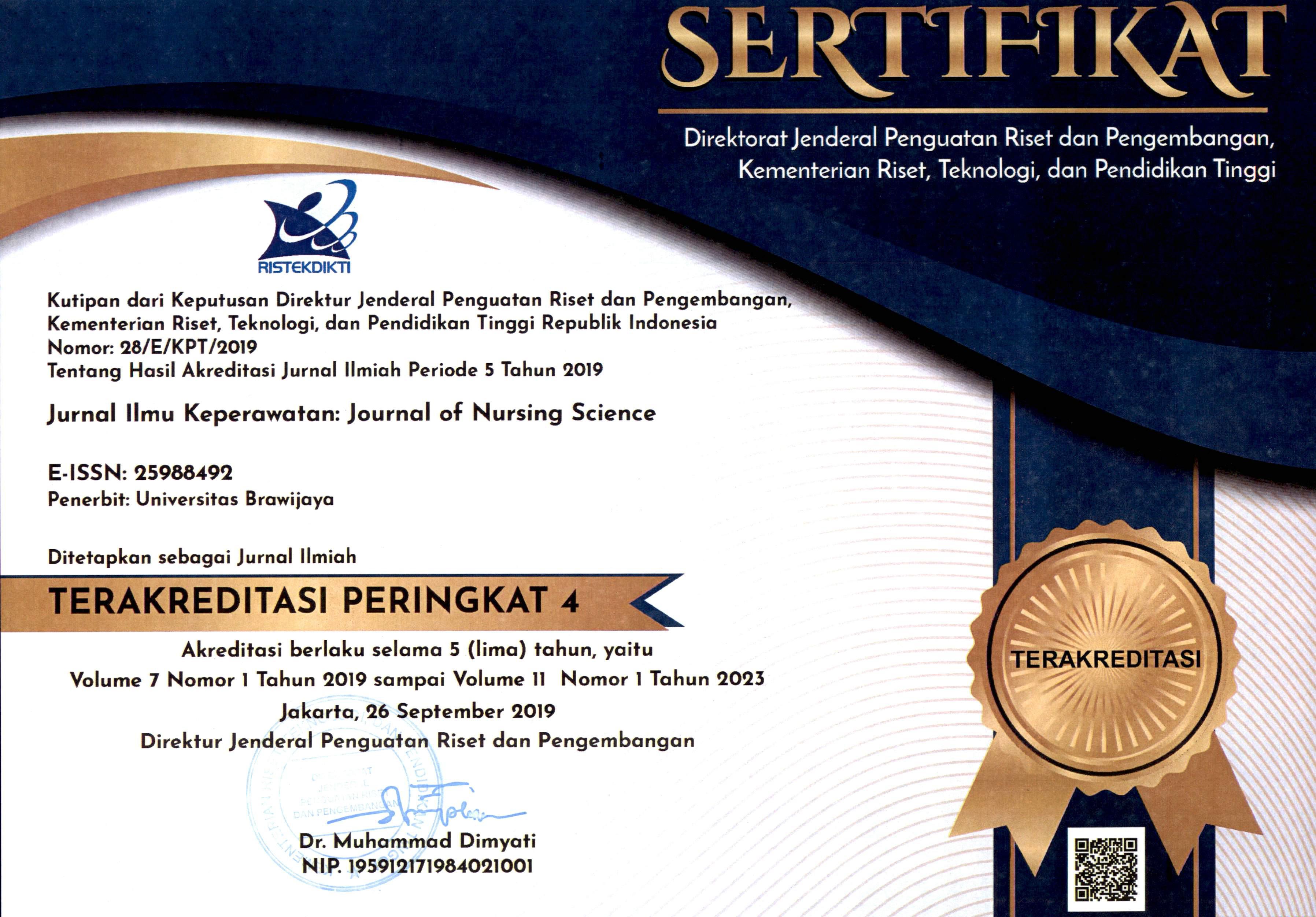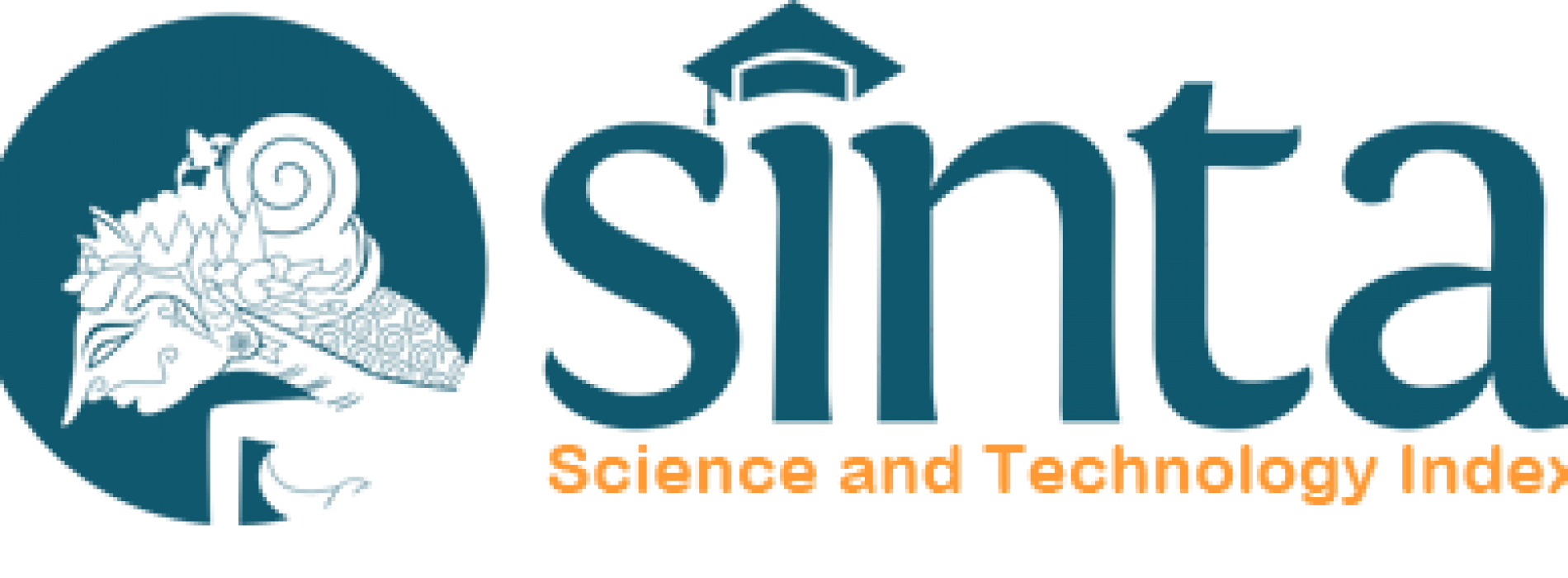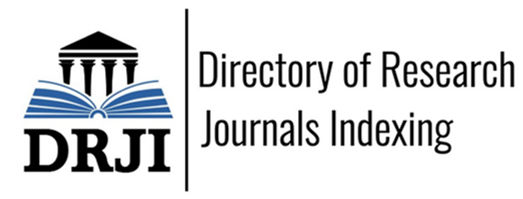DIABETES SELF-CARE EXPERIENCE ON ELDERLY WITHOUT MEDICATION
DOI:
https://doi.org/10.21776/ub.jik.2018.006.02.3Keywords:
elderly, self-care, diabetes mellitus, without medicationAbstract
Increasing of the number of elderly contributes to the increasing of prevalence of chronic degenerative diseases such as diabetes mellitus. Diabetes mellitus requires long-term care through self-care. Theaims of this study to find out the experience of elderly on diabetes self-care. The study used qualitative method of descriptive phenomenology with in-depth interviews on nine participants. Interview results were analyzed using the Colaizzi method. The results of the study identified a variety of self-care diabetes, were regulates food, exercise, and blood sugar checking. Self-care has not been done consistently so it needs diabetes self-care guidelines, diabetes self-care education, and a community health nurse program that can foster elderly with diabetes mellitus.
References
- Agrimon, O.H. (2014). Exploring the Feasibility of Implementing Self Management and Patient Empowerment through a Structured Diabetes Education Programme in Yogyakarta City Indonesia: a Pilot Cluster Randomised Controlled Trial. Thesis. University of Adelaide.
- American Diabetes Association. (2012). Economic Costs of Diabetes in the U.S. in 2012. DIABETES CARE, volume 36, April 2013. doi: 10.2337/dc12-2625.
- Andrae, D. (2009). A Qualitative Evaluation of a Diabetes Self Management Programme. Thesis. Massey University Palmerton North New Zealand.
- Bhattacharya, G. (2012). Psychosocial Impacts of Type 2 Diabetes Self-Management in a Rural African-American Population. J Immigrant Minority Health (2012) 14:1071–1081. DOI 10.1007/s10903-012-9585-7 Published online: 21 February 2012_ Springer Science+Business Media, LLC 2012.
- Darmojo, Boedhi R. dan Martono, Hadi H. (2004). Geriatri (Ilmu Kesehatan Usia Lanjut) edisi ke-3. Jakarta: Balai Penerbit FKUI.
- Clark, M.J. (2003). Community Health Nursing: caring for Population (4th ed.). USA: Pearson Education Inc Dinkes Kota Depok (2013).
- Dinkes Kota Depok. (2014). Profil Kesehatan Kota Depok 2013. Depok: Dinkes Kota Depok
- Dunning, T. (2005). Nursing Care of Older People with Diabetes Mellitus. USA: Blackwell Publishing Ltd.
- Funnel,M.M & Anderson, R.M. (2004). Empowerment and Self Management of Diabetes. Clinical Diabetes volume 22, number 3, 2004.
- George, S.R. & Thomas, S. P. (2010). Lived experience of diabetes among older, rural people. Journal of Advanced Nursing, 66, 1092-1100.
- Greene, B., Merendino, J.J., & Jibrin, J. (2009). The Best Life Guide to Managing Diabetes and Pre-Diabetes. New York: Simon & Schuster.
- Ismonah (2008). Analisis Faktor yang Berhubungan dengan Self Care Management pada Pasien DM dalam Konteks Asuhan Keperawatan di RS Panti Wilasa Citarum Semarang. Tesis. Universitas Indoensia. Tidak Dipublikasikan
- International Diabetes Federation. (2013). Managing Older People With Type 2 Diabetes Global Guideline. Belgia: IDF
- Kemenkes RI. (2013). Jendela Data dan Informasi Lansia. Buletin Semester I 2013 ISSN 2088-270X. Jakarta: Kemenkes RI
- Megias, M.C. & Vasco, P.G. (2014). Type 2 diabetes mellitus in elderly institutionalized patients. Rev Clin Esp. 2014;214(9):521---528. Sciencedirect
- Miller, C.A. (2010). Nursing for Wellness in Older Adults (6th ed.). Philadelphia: Wolter Kluwer Health Lippincott William & Wilkins.
- Moser, A., Bruggen, HVD., Widdershoven, G., & Spreeuwenberg, C. (2008). Self Management of Type 2 Diabetes Mellitus: A Qualitative Investigation from the Perspective of Participants in a Nurse-Led, Shared-Care Programme in the Netherlands. BMC Public Health 2008, 8:91 doi: 10.1186/1471-2458/8/9 1
- Shen, H., Edwards, H., Courtney, M., McDowell, J., & Wei, J. (2013). Barriers and Facilitators to Diabetes Self Management: Perspectives of Older Community Dwellers and Health Professionals in China. International Journal of Nursing Practice 2013; 19; 627-635. Doi:10.1111/ijn.12114
- Siriwatanamethanon, J. & Buatee, S. Self-Management of Older Thai People with Diabetes Mellitus Type 2. The 8th International Postgraduate Research Colloquium: Interdisciplinary Approach for Enhancing Quality of Life IPRC Proceedings
- WHO. (2014). 10 facts on ageing and the life course. http://www.who.int/features/factfiles/ageing/en/. Diakses tanggal 26 Januari 2015.
Downloads
Published
How to Cite
License
Authors published in this journal agree to the following terms:
1. The copyright of the received article shall be assigned to the journal as the publisher of the journal. The intended copyright includes the right to publish the article in various forms (including reprints). The journal maintains the publishing rights to the published articles.
2. Authors may enter into separate additional contractual agreements for the non-exclusive distribution of the published journal version of the work (for example, posting it to an institutional repository or publishing it in a book), with acknowledgment of their initial publication in this journal.
3. Authors are permitted and encouraged to post their work online (e.g. in an Institutional Repository or on their website) before and during the submission process, as this can result in a productive exchange, as well as earlier and larger citations of the published work.
4. Articles and all related material published are distributed under Creative Commons Attribution-NonCommercial 4.0 International License or CC BY-NC 4.0 license.
JNSU is licensed under a Creative Commons Attribution-NonCommercial 4.0 International License or CC BY-NC 4.0 license.
Most read articles by the same author(s)
- Annisa Wuri Kartika, Wiwin Wiarsih, Henny Permatasari, FAMILY WITH A CHRONIC ILLNESS: ADAPTATION AND CHALLENGES , Journal of Nursing Science Update (JNSU): Vol. 5 No. 2 (2017)
- Ika Setyo Rini, Niko Dima Kristianingrum, Rizka Widyastikasari, RELATIONSHIP BETWEEN LEVEL OF DISASTER KNOWLEDGE AND ATTITUDE OF LANDSLIDE DISASTER PREPAREDNESS IN VOLUNTEERS "KELURAHAN TANGGUH†IN MALANG CITY , Journal of Nursing Science Update (JNSU): Vol. 7 No. 2 (2019)





























